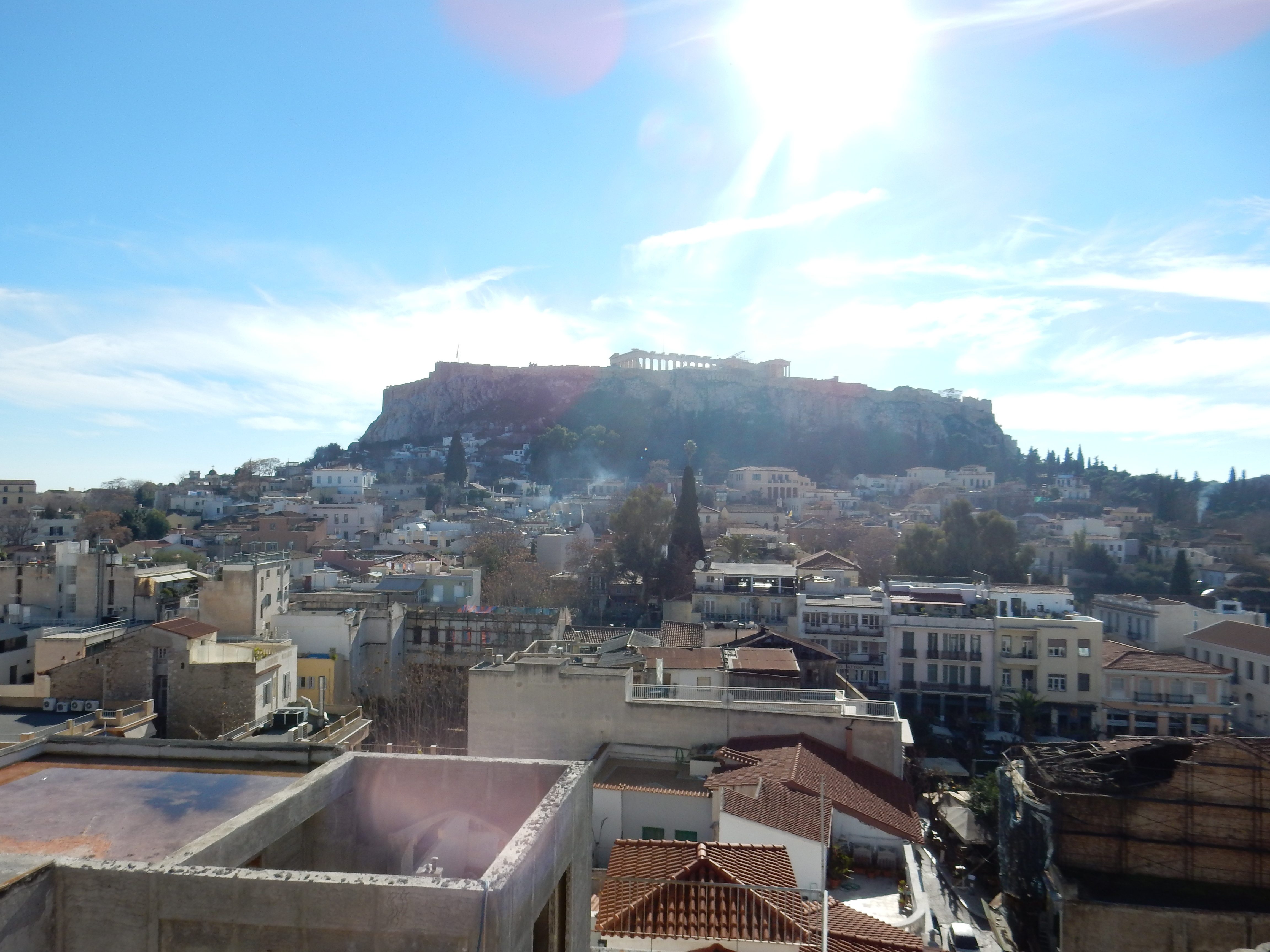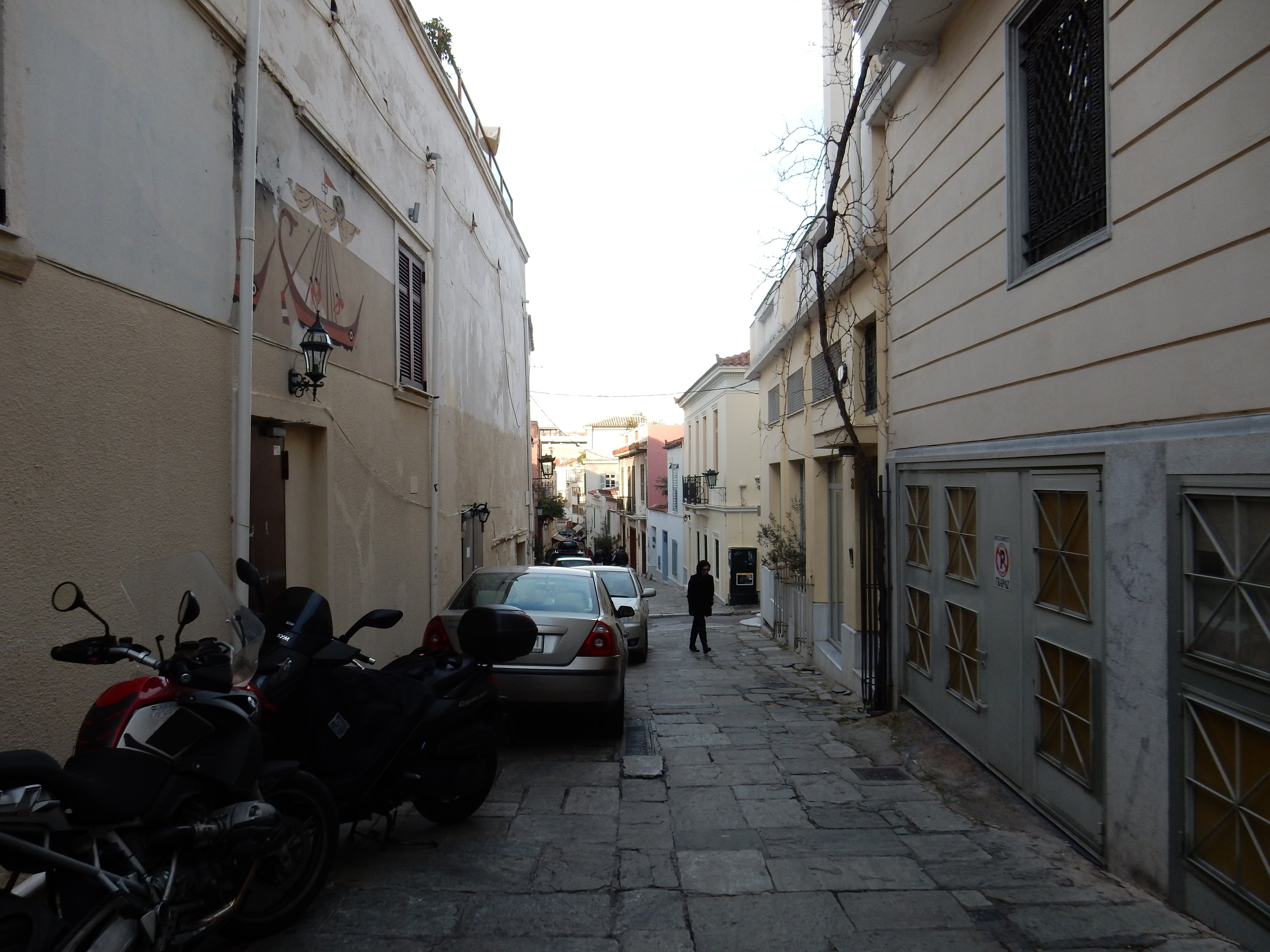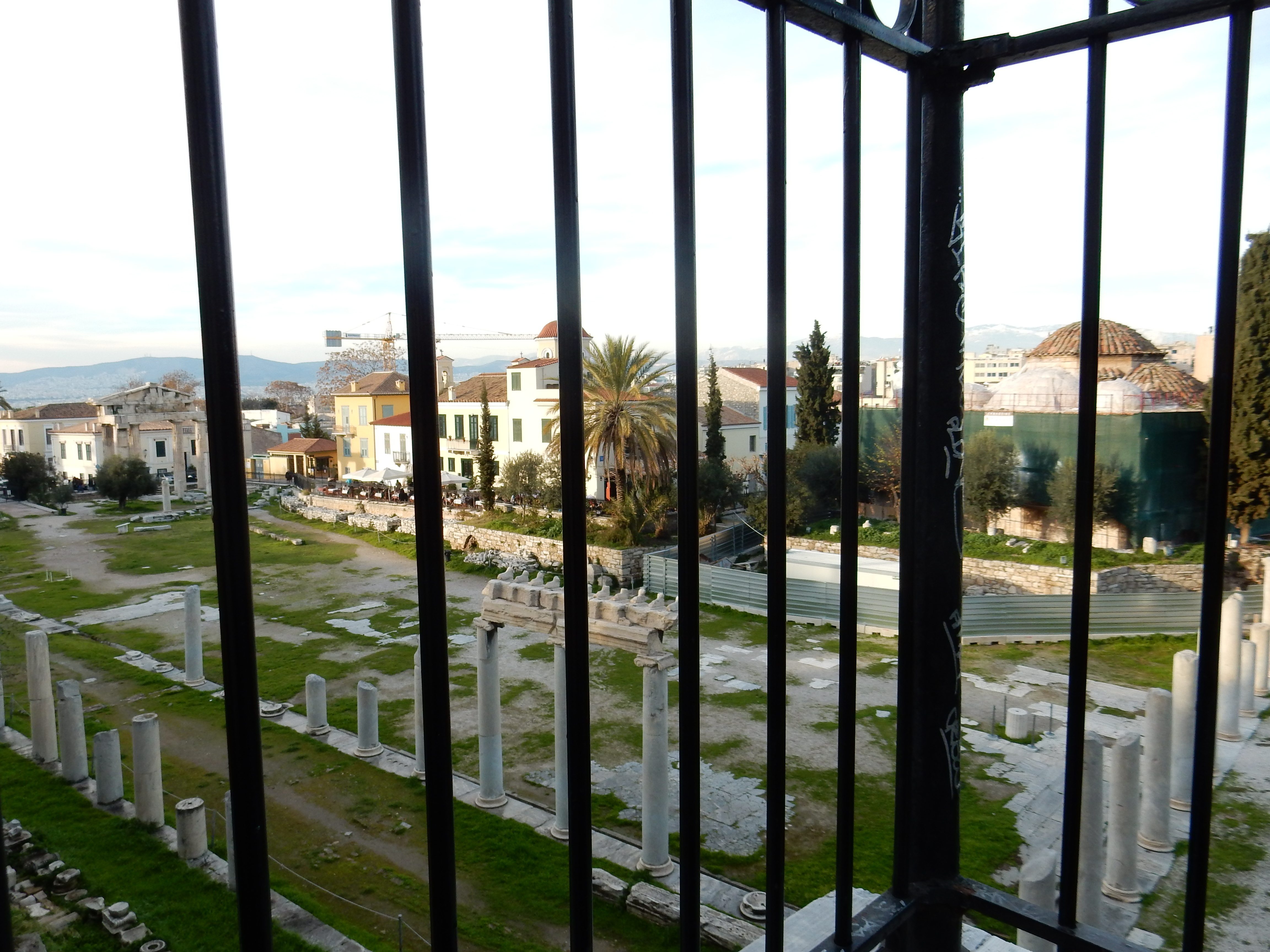People of Quora.
Before you read this my answer, read Amy Louisa’s answer.
And before you upvote my answer, upvote Amy Louisa’s answer.
It would be a bad thing if you upvote the linguist over the classicist. It would be an even worse thing if you upvoted the writing of a Greek screenwriter over the Homeric Hymns.
Remember: Vote 1 Amy Dakin.
Amy Dakin gave the right answer, as told in the Homeric Hymns.
I will give the answer as retold by Nikos Tsiforos. His Greek Mythology, which I’ve quoted here before, was a humorous serialised retelling of all of Greek Mythology in the ’60s (published posthumously in 1971). It’s not serious scholarship (although he injects half-digested nuggets of history of religion). Its humour is very much of its time, and Greece in the 1960s is not the Anglosphere of the 2010s. (You’ll note the resentment towards the Sixth Fleet towards the end.)
Translation mine.
Vote 1 Amy Dakin.
The very first thing Hermes did, when he was still a babe in the cradle, was steal. He’d barely opened his eyes, the first day the rascal was born: he got up and escaped his cradle. He went out, looked around, saw some oxen way off on the mountains of Pieria, and was much pleased.
“I’m just in the mood for some BBQ.”
So he decided he’d steal himself some oxen. But because it was daytime, he couldn’t do it: he’d be seen. So he sat and waited for sundown. And as he waited, a turtle went past him.
The bastard grabs the turtle, kills it, takes off its shell, gets some cane, chops it into seven strips of different lengths, fixed them onto the shell, found an ox hide as well, and made himself a lovely lyre.
As soon as he made the lyre, he started playing. He made up a song that went something like “Daddy shtupped Mommy, and out came Me.” Luckily there were no song festivals back then so he could get an award, but he did sing his lungs out. His mother inside was switching between laughing and screaming at him:
— Shut up, damn you, you’re making me a laughing stock.
Night fell.
The baby ran into its cradle and pretended to get under the blanket and sleep.
—Well, said Maia. He’s been going berserk all day long. He’s pooped. Let him get some rest.
But the youth slept not. He escaped cunningly, “like unto an autumn breeze”, ran straight to Pieria, found the herd, singled out some fifty well-fed oxen of Apollo’s, and took them down to Pylos. He walked them backwards, to cover their trail.
On his way, he met an old man.
—Hey, Old man? Hermes said. You never saw me, and you never saw any oxen either, if you know what’s good for you.
—Are you involved in organised crime?
—No. I’m a God. Same thing, really.
Right. He got to Pylos, he penned the oxen up in a cave, he slaughtered a couple and dined on their smell, as gods did. He got rid of all traces of the fire, and then he tiptoed back to his cradle, lied down, and noone was any the wiser.
In the morning, he said to his mom:
—You thought I was sleeping.
—Why, what were you doing?
—You’re my mom, how can you be that dumb? I’ve pilfered Apollo’s oxen. I stole fifty last night.
Maia, a beautiful woman with long hair, started screaming.
—What are you saying, you little dirtbag!
—And you know what, mom? I’m going to steal the Oracle of Delphi off him next.
Just as she was throwing her slipper at him, the door opened, and Apollo copped the slipper on the head as he walked in. Bump on the head notwithstanding, he grabbed li’l Hermes by the ear.
—Come here, you little thief. Where’s my oxen?
—Who, me? No idea.
—Bring ’em here.
—I never took ’em.
—Never took ’em my ass. I run the augury racket; you think I can’t tell? You’ve nicked them, and you’re going to cough them up now, or the devil will take your father.
“No”, says Hermes, so Apollo lifts him up, throws him over his shoulder, and takes him up to Zeus, who was judging some misdemeanours.
—Dad, he stole my oxen.
—What, this infant?
—Yeah, and he ate them.
Zeus started laughing.
—You little shit. You’ve barely been hatched, and you’re already stealing? What will we do with you when you grow up?
—I’m going to be a merchant.
Zeus scratched his head.
—Well, that makes sense. What else would you become? Either a merchant, or a builder. Maybe a banker.
He clipped him around the ears.
—Go on. Give your brother his herd back.
The two brothers headed off to the herd, and Zeus started guffawing so hard, he almost had an ulcer.
Poseidon was bewildered.
—You’re laughing because he’s ended up a thief?
—That kid, mark my words, will go far. Being a thief makes you a success in society.
—Yeah, but he stole from his own brother.
—A good thief starts with his own brother. Oh, go to hell, talking to me about theft. I’m your bloody guardian. Are you going to teach me how to suck eggs now?
Meanwhile the brothers got to Pylos, Apollo collected his oxen, and calmed down. But two were missing.
—What did you do with the two?
—I ate ’em.
—I should smack you upside the head. Who do you think you are, eating two oxen? A contractor on commission?
Li’l Hermes saw he wasn’t getting out of this, so he presented his lyre.
—Here! Take this!
—What is it?
—An instrument.
And he started playing and singing, “Daddy shtupped Mommy…” Apollo loved it.
—See what the little rascal came up with! Wait, I’m the music guy, how come you get to have a lyre?
—It’s my gift to you.
So Apollo ended up with a lyre. And because he liked the looks of the youngster, he patted him on the head.
—What gift would you like from me, champ?
—How about augury?
—Now don’t be greedy. I need augury as a source of income.
He thought about it.
—OK, you can have augury by games of chance. You can take care of dice, cards, roulette wheels, three-card Monte: anything involving gambling is yours.
—What about pinball?
—When the Americans invent it, you can have that too.
Hermes wasn’t too impressed.
—Would the Americans ever let you get your share? Come off it. Those guys give your the crumbs they’re about to throw out, call it aid, and ask for your firstborn in return.
—Well, you trick them. Get the better of them.
Hermes thought about it, but what Greek god has ever dared get the better of Americans and sent them home humiliated? No-one.
So after all that, the two brothers became friends. Apollo gave him the golden rod of abundance and happiness, and he let him have the oxen after all.
Hermes was touched.
—You’re a great guy, and I’m never stealing anything else from you.
—OK, said Apollo, but I don’t want to see you even walk past my place again.
—Scout’s honour.
And ever since the two brothers became the closest of all gods.
Now, where did this myth come from? We have to admit that this isn’t a Greek myth: we got it straight from the Indian Vedas. The cow herd of Indra, the Indian Apollo, are clouds. All day long the Sun God guards them. At night Sarama [Wikipedia], or the wind spirits Panis, grow strong, being the wind, blow, and drive out the clouds, “stealing” them. At morning, Indra looks for them, and since he sees all from up high he forces Sarama to give them back. We transferred the myth to Pylos “Gate”, as the “Gate of Heaven”. The wind steals the clouds; so he goes about like an “autumn breeze”.






